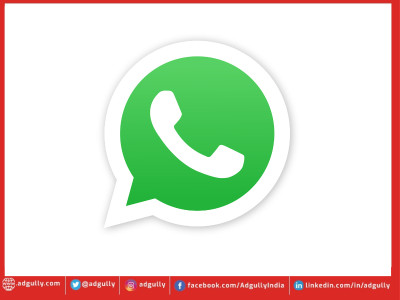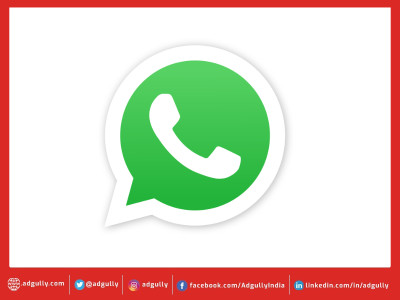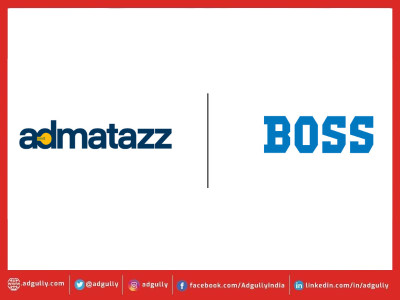WhatsApp sues Indian government over new privacy rules
WhatsApp filed a legal complaint against the Indian government in Delhi seeking to block regulations coming into force on Wednesday that experts say would compel the Facebook messaging app to break privacy protections, according to media reports.
The case file asks Delhi Court to declare the that one of the new rules is a violation of privacy rights in India’s constitution since it requires social media companies to identify the “first originator of information” when authorities demand it.
The WhatsApp lawsuit is acting as a growing struggle between Prime Minister Narendra Modi and other social media apps, Facebook and Twitter which were asked to get ban if didn't follow the privacy policies applied by the government.
Issue being very sensitive with nearly 400 million people using WhatsApp in India, Reuters are not independently confirming that the complaint had been filed in court by the tech company.
Tensions grew after a police visit to Twitter’s offices earlier this week. The micro-blogging service had labelled posts by a spokesman for the dominant party and others as containing “manipulated media”, saying forged content was included.
The government not only demanded the tech companies to remove misinformation related to Covid 19 but also some criticism of the government’s response to the crisis, which is claiming thousands of lives daily.
India's new Intermediary Guidelines and Digital Media Ethics Code designates "significant social media intermediaries" as standing to lose protection from lawsuits and criminal prosecution if they fail to adhere to the code.
WhatsApp, its parent Facebook and tech rivals have all invested heavily in India. But company officials worry privately that increasingly heavy-handed regulation by the government could endanger their prospects.
Among the new rules are requirements that big social media firms appoint Indian citizens to key compliance roles, remove content within 36 hours of a legal order, and set up a mechanism to respond to complaints. They must also use automated processes to take down pornography.
Facebook says that it agrees with most of the provisions that are been put up by the government but is still looking to negotiate further. Whereas, Twitter, the tech giant company, which has come under the most fire for failing to take down posts by government critics, declined to comment, according to the reports.
Other court challenges to the new rules are already pending in Delhi and elsewhere.


















Share
Facebook
YouTube
Tweet
Twitter
LinkedIn